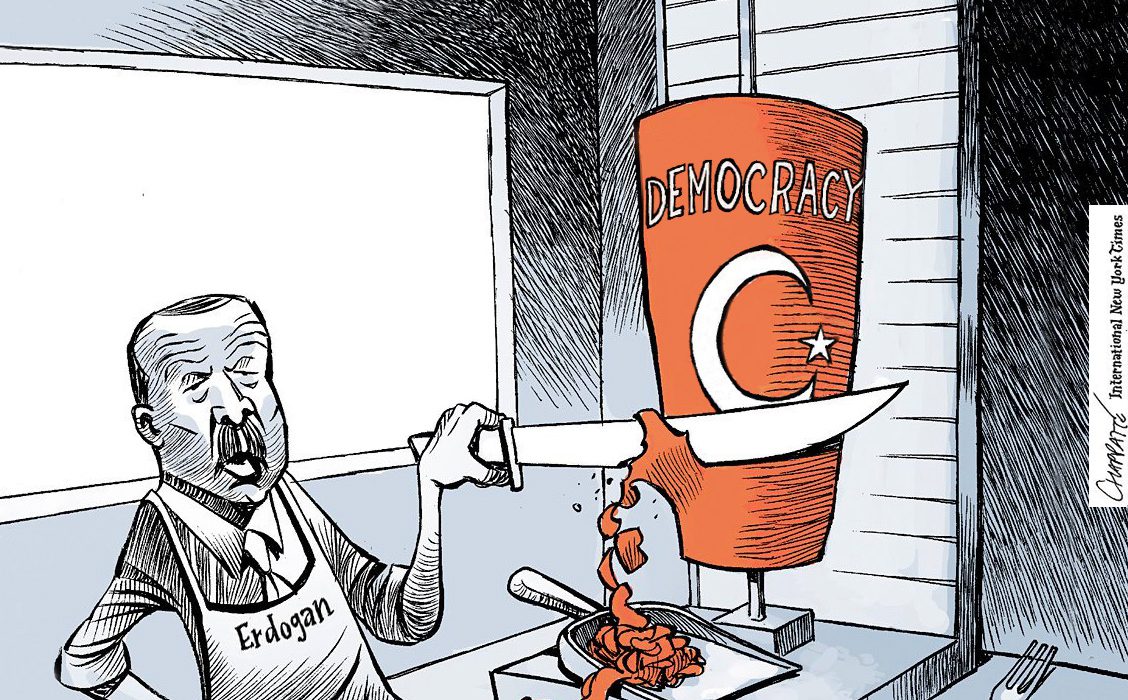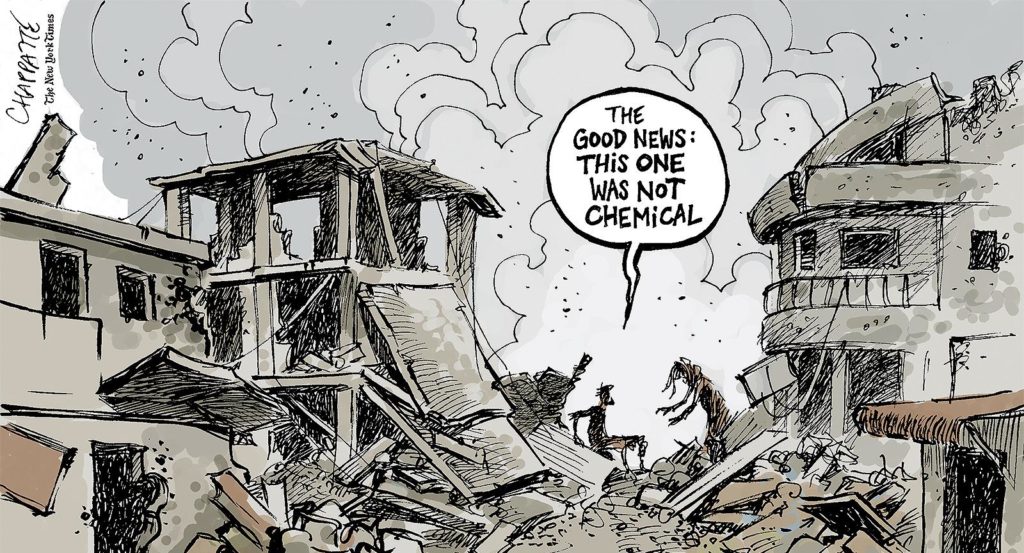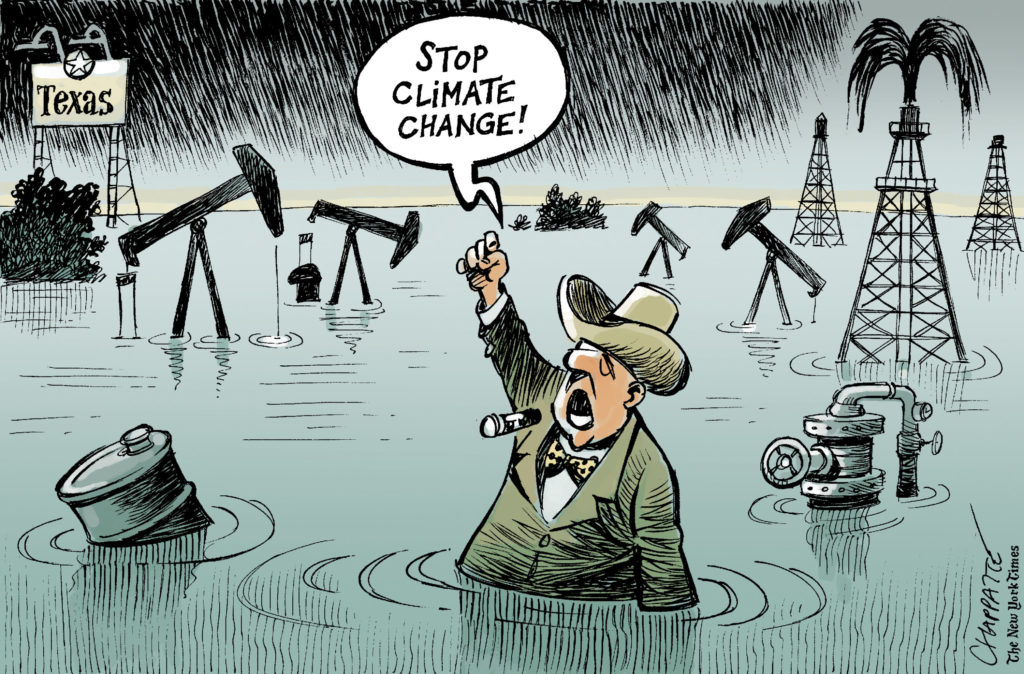Democracy at Risk
What Is Illiberal Democracy?
In his 1997 contribution to Foreign Affairs, “The Rise of Illiberal Democracy”, Fareed Zakaria defines illiberal democracies as “democratically elected regimes, often ones that have been reelected or reaffirmed through referenda, [but] are routinely ignoring constitutional limits on their power and depriving their citizens of basic rights and freedoms”.
Fareed Zakaria is an Indian American journalist and author with a BA from Yale College and a PhD in Government from Harvard University. He worked as Adjunct Professor at Columbia University and as managing editor of Foreign Affairs from 1992 to 2000 (a post he was appointed to at only 28 years old). Zakaria has also been a columnist and editor for Newsweek, Time Magazine and The Atlantic. Currently he hosts Fareed Zakaria GPS – CNN’s flagship international affairs programme – and writes columns for The Washington Post. Foreign Policy named Zakaria one of its top 100 global thinkers. He is the author of five books, including The Future of Freedom (2003), The Post-American World (2008) and In Defense of a Liberal Education (2016).
- Consolidation of power in the executive
- Charismatic leader
- Erosion of the independence of the judiciary
- Weakening status of the parliament
- Recourse to direct democracy (plebiscites/referenda)
- Populist rhetoric/propaganda
- Discrimination of minorities
- Monitoring and moulding of civil society
- Media and internet censorship
- Curbs on academia and educational curricula
- Targeted repression of opponents
- Restrictions on freedom of speech and assembly
- Disregard for rule of law and human rights
- Misuse of state resources (cronyism)
- Emasculation of the electoral process
- Forging of external enemies
Illiberal democracy as a concept has been criticised for its diffuse meaning and close proximity to related, almost synonymous terms, such as: limited democracy, flawed democracy, hybrid regimes, dysfunctional democracy, deconsolidating democracy, defective democracy and electoral authoritarianism. According to Steven Levitsky and Lucan Way, the concept does not distinguish sharply enough democracies which have, in fact, never been truly democratic but claim to be so, from regimes that actually have successfully become or transitioned toward genuine democracy but are backsliding toward autocracy. Others, such as Jørgen Møller, have argued that electoral democracy is, if measured adequately, a better measure than illiberal democracy since truly competitive elections only take place in liberal democracies. Finally, it has also been contended that illiberal democracy is an unfortunate and potentially noxious misnomer since it offers the opportunity to populists and autocrats to promote illiberalism while preserving the veil of democracy.



